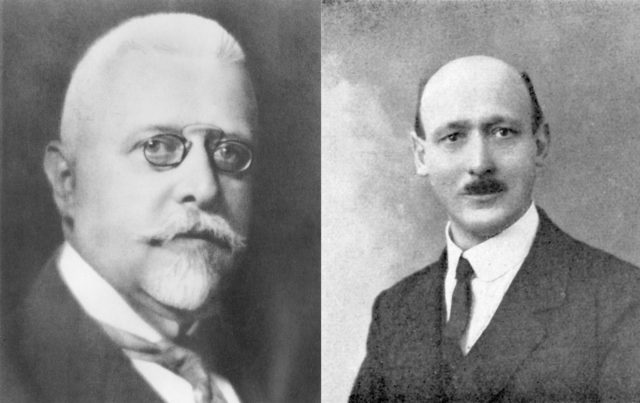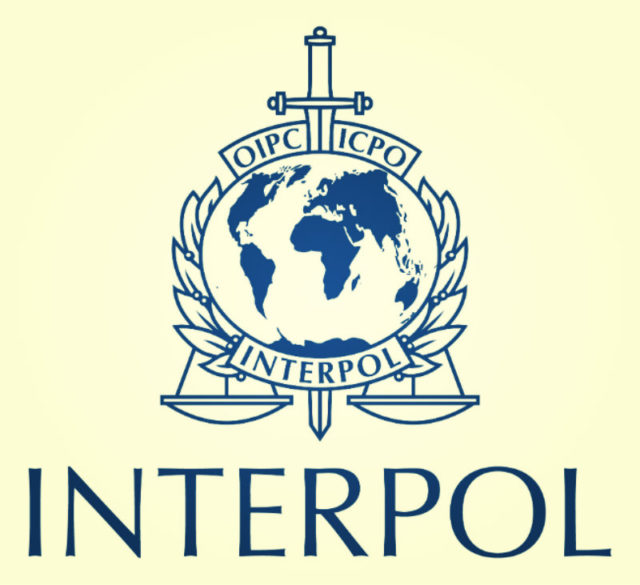8th September 1923, Vienna: The International Criminal Police Congress, organized by Austria this year, has undertaken a new initiative to combat crimes of global importance and track cross-border fugitives by establishing the International Criminal Police Commission on 7th September. The creation of this global law-enforcement organization (to be renamed Interpol later) is aimed at facilitating a cohesive network of information exchange to enable police across nations fight crimes at a well-mediated international space.
At close heels of the Monaco first International Criminal Police Congress of 1914, the need for a council of international law-enforcement agents was realized to enlarge legal jurisdiction in a technologically advanced modern world. It has lead to this formalized body to be established at Vienna with the support of around 15 member countries: Austria, Germany, Belgium, Poland, China, Egypt, France, Greece, Hungary, Italy, the Netherlands, Romania, Sweden, Switzerland, and Yugoslavia.

Mr. Oskar Dressler has been appointed as the General Secretary, while Mr. Johann Schober will be taking oath as the President, both of Austria, at the helm of this new venture. With an unprecedented goal to create a borderless police force, the success of this organization will owe itself to the neutrality of the body, while focusing on securing justice without any compromise to the protocols of the participating bodies.
This agency is not to act above the local authorities of member countries, it is not supranational. Rather the ICPC (Interpol) agents are to ensure and promote mutual assistance, through an exchange of information, databases, and communication, among all concerning police authorities. They are to act within the limits of the indigenous laws and in accordance to the Universal Declaration of Human Rights.
Therefore, the ICPC agents, overt or covert, have no rights to make arrests.
The ICPC is also not to be involved in cases of political crimes. The ICPC will only deal with matters of terrorism, human trafficking, drug dealing, white collar crimes, art thefts and above all public safety. Working across borders, it will be the first of its kind that prioritizes international security rigorously and with neutrality.
How well it fares, only future can tell.
Read More:
http://edtimes.in/2016/09/back-in-time-to-the-beginning-of-world-war-ii/




































